“We dared to say out loud that our current education system was not generating the expected results, that the role of the teacher should change, that memorization is not the way to consolidate learning, that grading is not evaluating, and that there is no learning without emotion.” – Karime Pulido Ramzahuer
UNOi, based in Mexico, wants to raise the quality of education in Latin America. In 2010, Grupo Santillana had a “dream” to create a 21st century learning model that could create positive change. Karime Pulido Ramzahuer, Director of Pedagogical Development at UNOi, says the goal was to develop a learning model which allowed schools to create “meaningful and purposeful environments” that were fully focused on student needs. Eight years on, the dreamers are making progress. Today the curriculum features real-world content inspired by current affairs that could have a resounding impact on society. Unique learning experiences enable students to explore and discover their own knowledge. In addition, the UNOi model has been adopted by more than 400 schools reaching around 115,000 students and 12,000 teachers, strongly influencing their own personal, educational and professional development.
Karime Pulido Ramzahuer joins us in The Global Search for Education to tell us more.
“Education is always complicated as it involves interacting with human beings; therefore, it should be approached differently depending on their own educational context.” – Karime Pulido Ramzahuer
Karime, what do you think makes your program unique to other similar programs for children in situations like yours?
Our model evolves continuously, and it is created and adapted by a great team of people who are committed and passionate about education. Constant research and study allow our model to be up-to-date to educational trends all around the world. We avoid just adapting ideas from other countries to our model; we take the best of their practices and create exceptional content that is relevant for our country. We are constantly raising the bar of our model by providing new ideas for our educational context. Our priority is and will always be our children and teenagers. We provide them with curated content in order to develop their emotional intelligence, create a maker-culture mind, and, mostly, forge citizens of the future. Our goal is to develop better human beings and not only better students.
How would you describe the biggest challenges you’ve faced? How have you addressed them?
Doing things differently always implies a risk. At UNOi, we were aware of that from the very beginning. We dared to say out loud that our current education system was not generating the expected results, that the role of the teacher should change, that memorization is not the way to consolidate learning, that grading is not evaluating, and that there is no learning without emotion.
Resistance was always something we were ready to fight against. However, after all these years, we have realized that teachers are not afraid of change, they simply do not know how to make that change. For that reason, we make sure teachers feel accompanied at all times as this decreases their anxiety that new challenges could cause. We provide our schools with a coach that guides all school personnel through our model and better practices to implement it without losing their own identity and the school’s values and essence.
If someone asked you to share 1 or 2 good examples of the UNOi program in action, how would you present them?
Each school has accomplished so many different things that it makes it hard to think of one or two general examples. Schools using our model are spread across the country; their accomplishments are based on their own educational contexts with the help of UNOi.
However, if we could mention two examples, I would definitely say:
Digitalization of each classroom: We implemented technology in each classroom which allows the world to enter in each class. We provide schools with all the infrastructure they need and provide all the connectivity needed to interact with technology as a tool that amplifies the learning experiences. In addition, all teachers are trained and certified to exploit technology in the classroom wisely and purposefully, taking always as a consideration that technology without pedagogy is only a fireworks show.
Transformation of learning spaces: We installed in each school a transformed physical space, nothing similar to a traditional classroom. It is a space designed by and for students, to promote their creativity and promote learning by meeting their needs and interests. We call it UNOi lab, a space in which to learn you need to do, devise, connect, collaborate, and above all, enjoy learning.
“Any model could have the finest, most updated, and cutting-edge devices; however, if these do not provide a real sense of learning, technology becomes mere distracting fireworks.” – Karime Pulido Ramzahuer
What lessons can classrooms in other countries learn from your journey?
The most important lesson is to understand that things are possible. Education is always complicated as it involves interacting with human beings; therefore, it should be approached differently depending on their own educational context. So, the first lesson for other countries would be that a model, such as ours, aims to modify pedagogical practices in order to focus the learning experiences to what students need. This should happen without changing the school’s essence and values.
Another lesson we could share is that technology is not all. Any model could have the finest, most updated, and cutting-edge devices; however, if these do not provide a real sense of learning, technology becomes mere distracting fireworks. At UNOi, we made sure all the curated digital content and the use of technological devices promote creativity and endless possibilities for learning.
Where do you see your program 5 or 10 years from now?
At UNOi, we are constantly working on creating the best learning environments, which is up-to-date and relevant to our students. We see ourselves constantly evolving and bring more and more innovative ideas to the classroom for a major impact on students’ lives. Additionally, we also see ourselves transcending borders, impacting students and teachers from other countries in Latin America.
C. M. Rubin and Karime Pulido Ramzahuer
Thank you to our 800 plus global contributors, teachers, entrepreneurs, researchers, business leaders, students and thought leaders from every domain for sharing your perspectives on the future of learning with The Global Search for Education each month.
C. M. Rubin (Cathy) is the Founder of CMRubinWorld, an online publishing company focused on the future of global learning and the co-founder of Planet Classroom. She is the author of three best-selling books and two widely read online series. Rubin received 3 Upton Sinclair Awards for “The Global Search for Education”. The series which advocates for all learners was launched in 2010 and brings together distinguished thought leaders from around the world to explore the key education issues faced by nations.
Follow C. M. Rubin on Twitter: www.twitter.com/@cmrubinworld

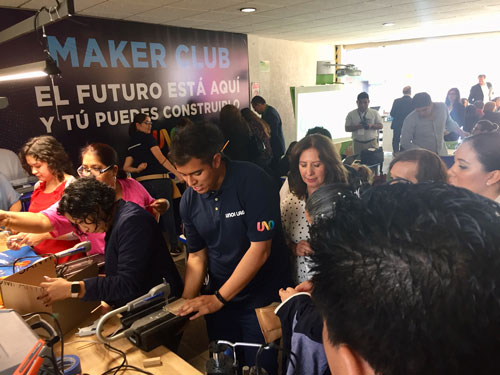
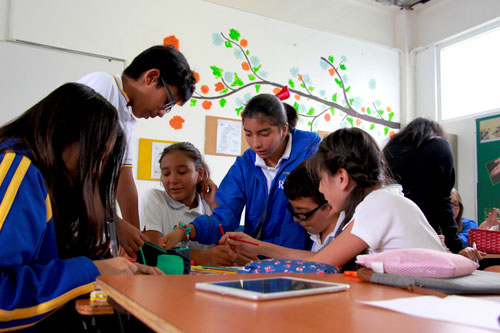
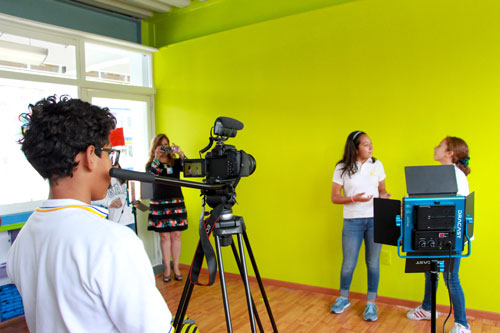
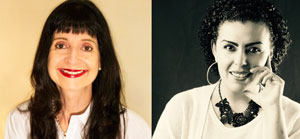
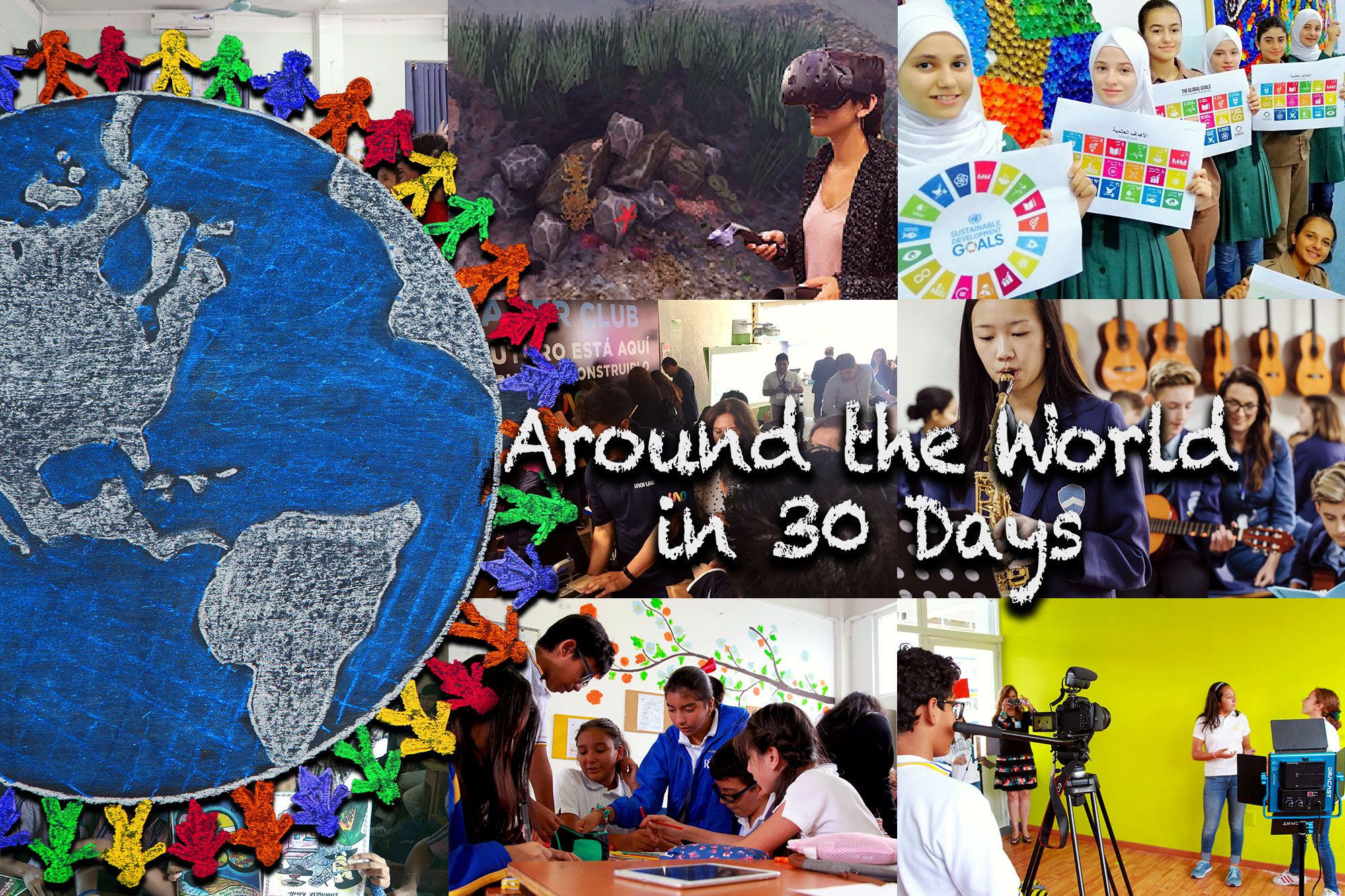

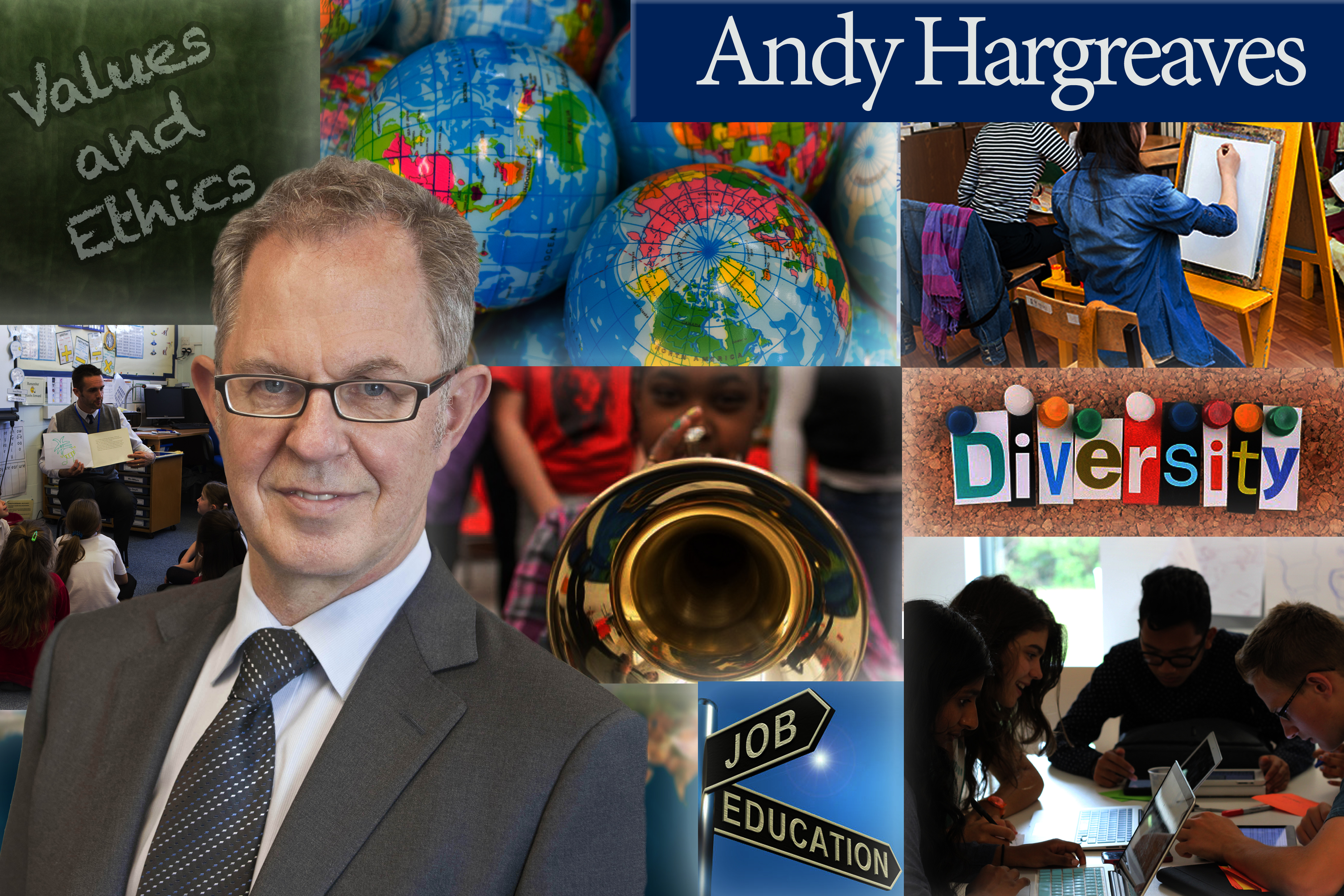
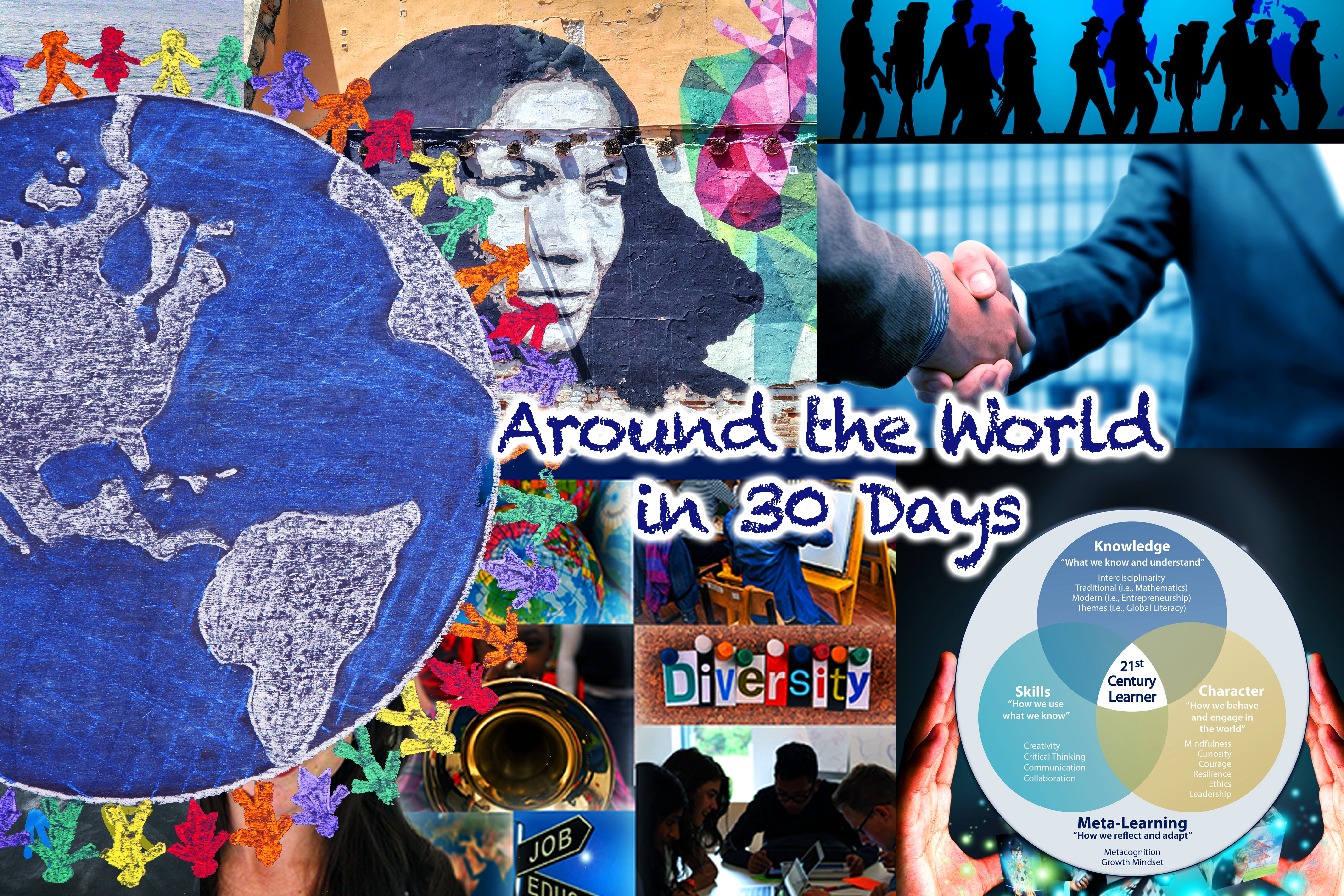
Recent Comments